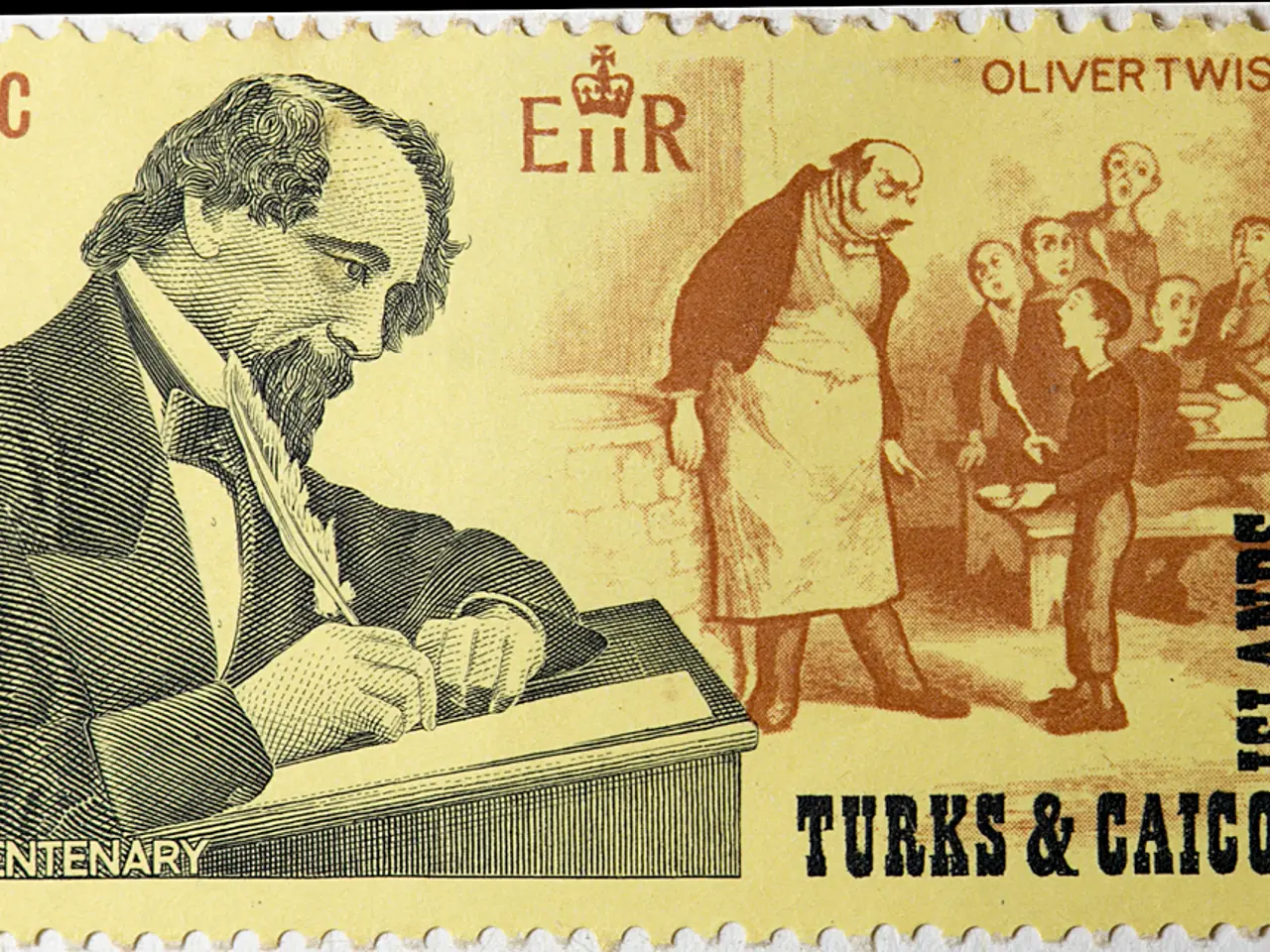Romanian Prime Minister aims for swift passage of additional round of reforms
Romania's Prime Minister, Ilie Bolojan, is making a concerted effort to steer clear of potential high-risk situations that could lead to a default. The focus of this endeavour is the adoption of the second package of reforms, which is expected to be completed by the end of August at the latest.
The second package of reforms encompasses a series of measures aimed at streamlining public administration, particularly local administration, state-owned enterprises (SOEs), and the usage of funds in public health and education. It also addresses magistrates' pensions, tax reforms such as higher capital gains tax, increased local taxes, and a special tax on multinational companies' profits shifted abroad. Furthermore, the package includes corporate legislative changes like raising the minimum share capital for limited liability companies, mandatory bank accounts for companies, and notification rules linked to debts and share transfers. Tax increases include raising the dividend tax and increasing the standard VAT rate.
The timely adoption of this reform package is crucial, as it would help Romania in cutting unnecessary public spending, improving the governance of SOEs, and increasing fiscal revenues to address the country's significant budget deficit. Failure to approve the reforms on time could lead to political instability, with the opposition potentially reacting by filing a motion of no confidence when the government submits the package to Parliament under a simplified procedure. This political contestation could delay or block reforms, undermining efforts to restore fiscal balance and economic growth.
The reform package has faced criticism from various quarters, including trade unions, magistrates’ bodies, and tax experts. These tensions highlight the political and social challenges linked to the reforms and the risks from not passing them promptly.
Prime Minister Bolojan has emphasised the importance of this timely adoption. He is determined to do everything in his power to avoid negative situations for Romania. The EC (European Commission) will set sanctions for Romania in mid-October, and the second package of reforms needs to be followed by continued reforms to avoid these sanctions. Complementary measures are necessary along with the second package of reforms to avoid a negative evaluation in October. The risk of default is high due to the high financial pressures this fall in Romania.
In conclusion, the second reform package is a complex set of fiscal and structural changes aiming to reduce political spending, strengthen public sector efficiency, and increase tax revenues. Prime Minister Bolojan has warned that delays or failure in passing the reforms could trigger political instability and hinder Romania’s fiscal consolidation.
The second reform package, including changes in public administration, magistrates' pensions, tax reforms, corporate legislative changes, and increased taxes, is a crucial step towards Romania's fiscal consolidation. Delays or failure in passing this package may lead to political instability, potentially triggering a motion of no confidence and hindering the country's effort to restore fiscal balance and address the significant budget deficit. On the other hand, the timely adoption of this reform package could aid Romania in cutting unnecessary public spending, improving governance of state-owned enterprises, and increasing fiscal revenues—reducing the risk of high financial pressures leading to a potential default.








